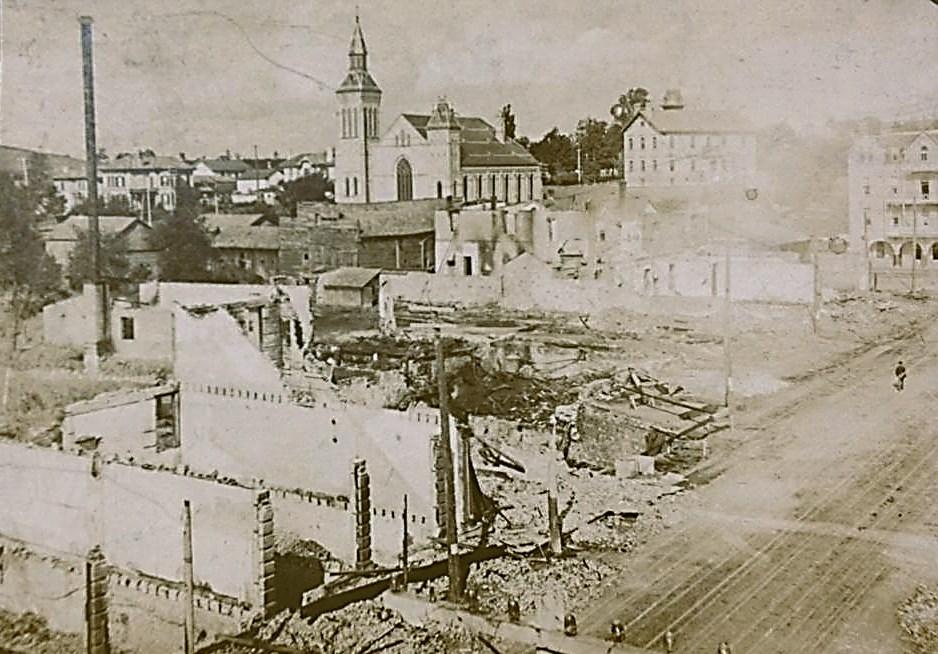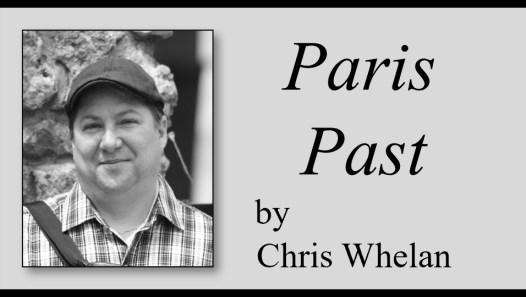
1 minute read
LOCAL HISTORY Evolution of Paris Fire Fighting continued
On the evening of September 12, 1900, a fierce southwesterly wind swept through the bustling streets of 20th century Paris The town was alive with the energy of the night, but little did its inhabitants know that a devastating event was about to unfold

Advertisement
As the clock struck midnight, the wind intensified, morphing into a howling gale that rattled windows and sent chills down spines. Mrs. Patten, residing on William Street on the other side of the Grand River, awoken and happened to glance out her window To her horror, she spotted a crimson glow dancing upon the water's surface. Her gaze shifted upward, and she gasped as flames erupted from the roof of Meldrum's Flour Mill, where Rexall Pharmacy now stands
With urgency coursing through her veins, Mrs Patten hastily donned her clothes and braved the tempestuous winds. Crossing the old wooden floored William Street bridge, she shouted the dreaded word, "Fire!" Her cry pierced the night, prompting someone over at the Wincey Mill to blow the whistle in response, sounding the first alarm. Night Watchman
Stewart rang Alarm No 7 located at the corner of the Arlington Hotel.
Within moments, the fire engines arrived, but it was too late. The mill was engulfed in an inferno, its fiery tongues reaching out greedily for neighboring structures. Bailey Steuart-Jones, perched upon a rooftop across the street, attempted to smother sparks, only to witness an endless stream of flames leaping from the west side of the street, consuming buildings on the east side, and even sparks scattered through the turbulent air, crossing the Grand River and reaching rooftops as far as Walnut Street. The scene was nothing short of surreal The wind, seemingly blowing from all directions at once, propelled the flames from one store to the next In the midst of the crimson glow, firefighters battled valiantly with hoses that were often scorched, while frantic businessmen hurried in and out of their doomed establishments, salvaging what they could. A few resourceful merchants on the east side of the street flung their valuable merchandise out of back windows onto the banks of the Grand River. On the William Street Bridge, a bucket brigade under the command of D Brockbank fought tenaciously to protect the wooden flooring. Meanwhile, over on the Flats, Penmans' fire brigade toiled throughout the night, preventing sparks from setting ablaze the skating rink, agricultural buildings, and nearby houses
Continued on page 14









